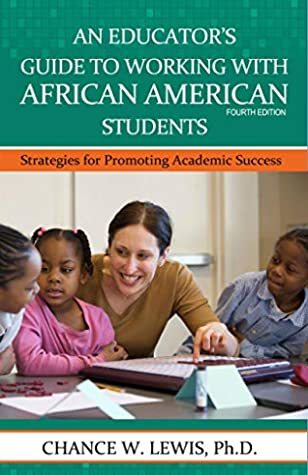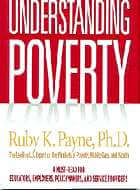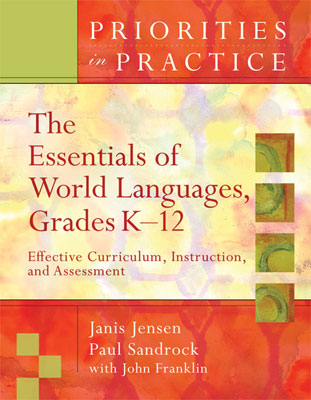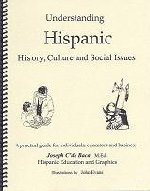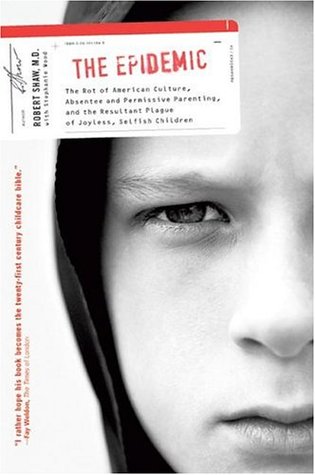- 3 Credits -

3 Semester Credits
(post-baccalaureate
PD credits for re-certification and
pay-lane increases)
- accredited nationwide
- start any time
- up to 5 months to complete
- independent study
- all course materials included with course tuition
- view FAQ
Course Description
This course examines the issues of adolescent girls and the way they behave towards other girls. The feminine dynamics that occur in schools in-between girls such as cliques, popularity and bullying are explained. Teasing, gossip, power plays as well as appearance and beauty are analyzed. How girls interact with boys, dating, relationships and promiscuous behaviors are discussed. Approaches for teachers to use in schools to inform classroom instruction, and address and mitigate these concerns are presented. Educators will also research this topic along with an application essay or develop lessons or activities to work with girls.
Teacher feedback about this course



$425
3 Semester Graduate Credits
Item categorycultural not found.Item ma-categorycultural not found.Item categorycultural2 not found.Item ma-categorycultural2 not found.
Adolescent Girls' Interaction: Queen Bees and Wannabees
- 3 Graduate Credits -



Course Objectives
- Educators will review the changes that take place in adolescent girls as they become involved in more complex interpersonal interactions with other girls in school settings.
- Participants will examine the interpersonal behaviors such as gossip, cliques, teasing notes and appearance and how these behaviors play themselves out in schools.
- Educators will learn about power and influence in-between girls as well as jealously and judging behaviors that take place on the internet and in school settings.
- Participants will explore dating issues, the influences of boys, crushes, matchmaking and a variety of adolescent sexuality issues and dramas that take place in schools.
- Educators will research this topic to be able to provide guidance and solutions to teen girls in school settings. These wells help preventing young girls from the dangers of sex, drugs and negative interrelationships in school and society.
Credit Hours
3 Semester Credits (post-baccalaureate professional development credit)
Course Instructor
Joseph C’de Baca MaEd.
Grade Type
University Transcript: Click Here For Details
Adolescent Girls' Interaction: Queen Bees and Wannabees
What Others Are Saying About This Course
Laurie R. – CO –
“Thank you! I sure appreciate your program – it is great for a single, busy mother/teacher like me!“
Marge M. – IL –
“I hope someday we can meet! You crack me up!! You seem like the kind of professor I would enjoy having a class with!Thanks for all your kind words! Have a wonderful weekend! I plan on working on working on some ideas this weekend for the next week of classes!“
Marge M. – IL –
“thank you!I enjoyed taking your courses and I am sending many fellow teachers your site to take additional courses! I wish I could have gotten started with your courses soon, I felt they were much more applicable to teachers.Have a great summer!“
Cathy L. – NY –
“Thanks so much. It was a fun course. I think I might actually be able to use some of the info I learned. 🙂“
Alexis L. – PA –
“Thank you very much for getting back to me so quickly! I just have one more question. Is there any way I can get an electronic copy of my receipt for these two courses? Thank you so much for your time. I’ll be sure to let more of my colleagues know about the wonderful opportunities you present to educators for continuing education!“
TLC Testimonials

